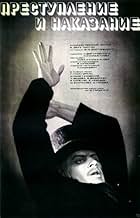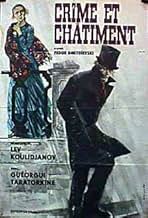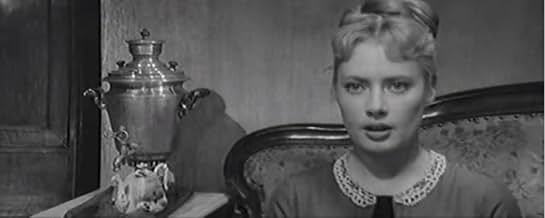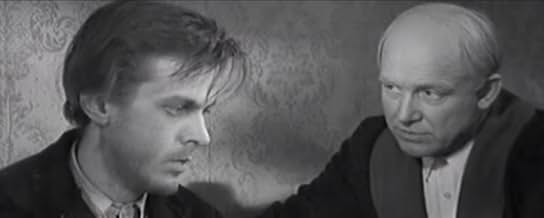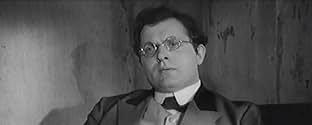Raskolnikov, an impoverished ex-law student, kills an old pawnbroker and her sister, perhaps for money, perhaps to prove a theory about being above the law. He comes to police attention thro... Read allRaskolnikov, an impoverished ex-law student, kills an old pawnbroker and her sister, perhaps for money, perhaps to prove a theory about being above the law. He comes to police attention through normal procedures (he was the victim's client), but his outbursts make him the prime s... Read allRaskolnikov, an impoverished ex-law student, kills an old pawnbroker and her sister, perhaps for money, perhaps to prove a theory about being above the law. He comes to police attention through normal procedures (he was the victim's client), but his outbursts make him the prime suspect of the clever Porfiry. Meanwhile, life swirls around Raskolnikov: his mother and si... Read all

